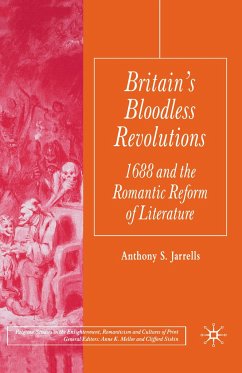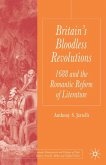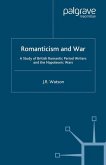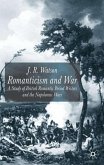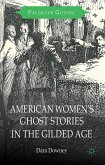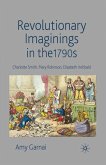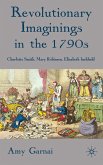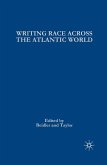Britain's Bloodless Revolutions explores the relationship of the emerging category of Literature to the emerging threat of popular violence between the Bloodless Revolution and the Romantic turn from revolution to reform. The book argues that at a time when the political nature of the Bloodless Revolution became a subject of debate - in the period defined by France's famously bloody revolution - 'Literature' emerged as a kind of political institution and constituted a bloodless revolution in its own right.
'. . . intelligent and attractive book.' - Archives
'Anthony Jarrells' Britain's Bloodless Revolutions displays striking and innovative insights into the relationship between literature and social change. Arguing that the concept of non-violent change became a cultural ideal in Britain following the 'Glorious' Revolution of 1688, Jarrells traces the operation of that ideal in British writing through the turbulent times of the Romantic Era. His readings of an extensive sampling of works by Edmund Burke, William Godwin, Mary Wollstonecraft, Helen Maria Williams, Scottish Enlightenment thinkers and Walter Scott show how literature was enlisted to manage conflict and contain threats. His analyses and conclusions deserve the attention of scholars and students interested in the struggle between violent and peaceful approaches to change during the 'long' eighteenth century.' - Regina Hewitt, Professor of English, University of South Florida, USA
'Anthony Jarrells' Britain's Bloodless Revolutions displays striking and innovative insights into the relationship between literature and social change. Arguing that the concept of non-violent change became a cultural ideal in Britain following the 'Glorious' Revolution of 1688, Jarrells traces the operation of that ideal in British writing through the turbulent times of the Romantic Era. His readings of an extensive sampling of works by Edmund Burke, William Godwin, Mary Wollstonecraft, Helen Maria Williams, Scottish Enlightenment thinkers and Walter Scott show how literature was enlisted to manage conflict and contain threats. His analyses and conclusions deserve the attention of scholars and students interested in the struggle between violent and peaceful approaches to change during the 'long' eighteenth century.' - Regina Hewitt, Professor of English, University of South Florida, USA

